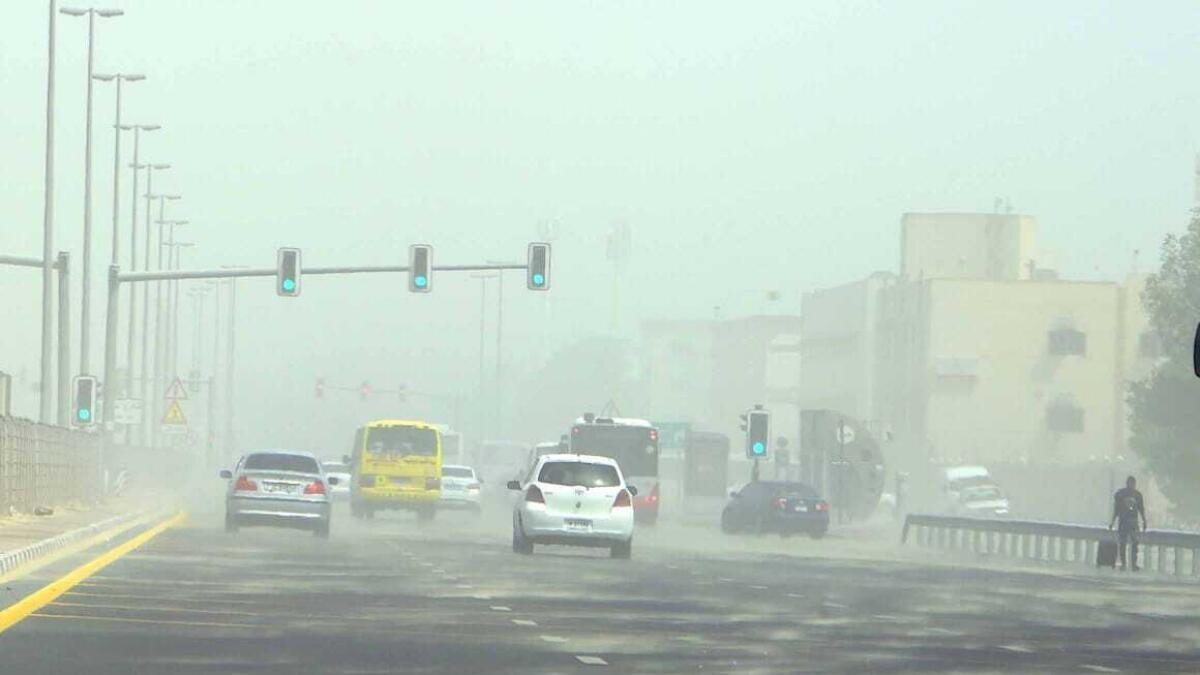UAE residents can look forward to cooler weather beginning this weekend, with temperatures expected to drop by 3 to 5°C across the country. Dr. Ahmed Habib, a climate expert from the National Centre of Meteorology (NCM), shared that northwesterly winds will affect the region starting Saturday.
Over the next few days, scattered rain is likely to continue in certain parts of the UAE, particularly in areas “between Dubai and Al Ain,” Dr. Habib told Khaleej Times on Wednesday. “Some convective cloud formation will also happen in the coastal and mountainous areas, but the chances of rain are higher in Abu Dhabi, especially in the Al Dhafra area,” he added.
Earlier this week, moderate to heavy rains affected Ras Al Khaimah and Fujairah, leading the Met office to issue alerts. More showers are expected as “moist winds from the Oman Sea” could bring convective clouds to the eastern and northern regions, according to Dr. Habib.
On Thursday and Friday, a combination of moist air from the Arabian Sea, a weak low-pressure system, and a relatively cold air mass is expected to trigger convective clouds, potentially bringing light to heavy rainfall to scattered areas.
Why has it been hazy?
In addition to the rains, thick fog and dust storms have been observed in recent days. Dr. Habib explained that poor visibility was caused by prevailing cloud formations. “Convective clouds typically bring strong winds,” he said, which could result in “blowing dust and sand, reducing horizontal visibility in certain areas.”
“After October 26, we have a forecast for fresh winds that will cause dust and sand blowing over the western parts,” added Habib.
What’s behind the rapid weather changes?
Explaining the recent weather shifts, Dr. Habib noted: “This is typical during autumn, where conditions can quickly change from stable to unstable.” He said, “For instance, while the mornings may begin with stable conditions and fog, by the afternoon we could see convective clouds, heavy rain, and even hail.”
As autumn transitions into winter, the fluctuating temperatures are caused by the uneven heating of the Earth’s surface, making days warm while nights turn colder. When asked about the official start of winter, Habib replied: “It is exactly two months away, starting on December 22.”





